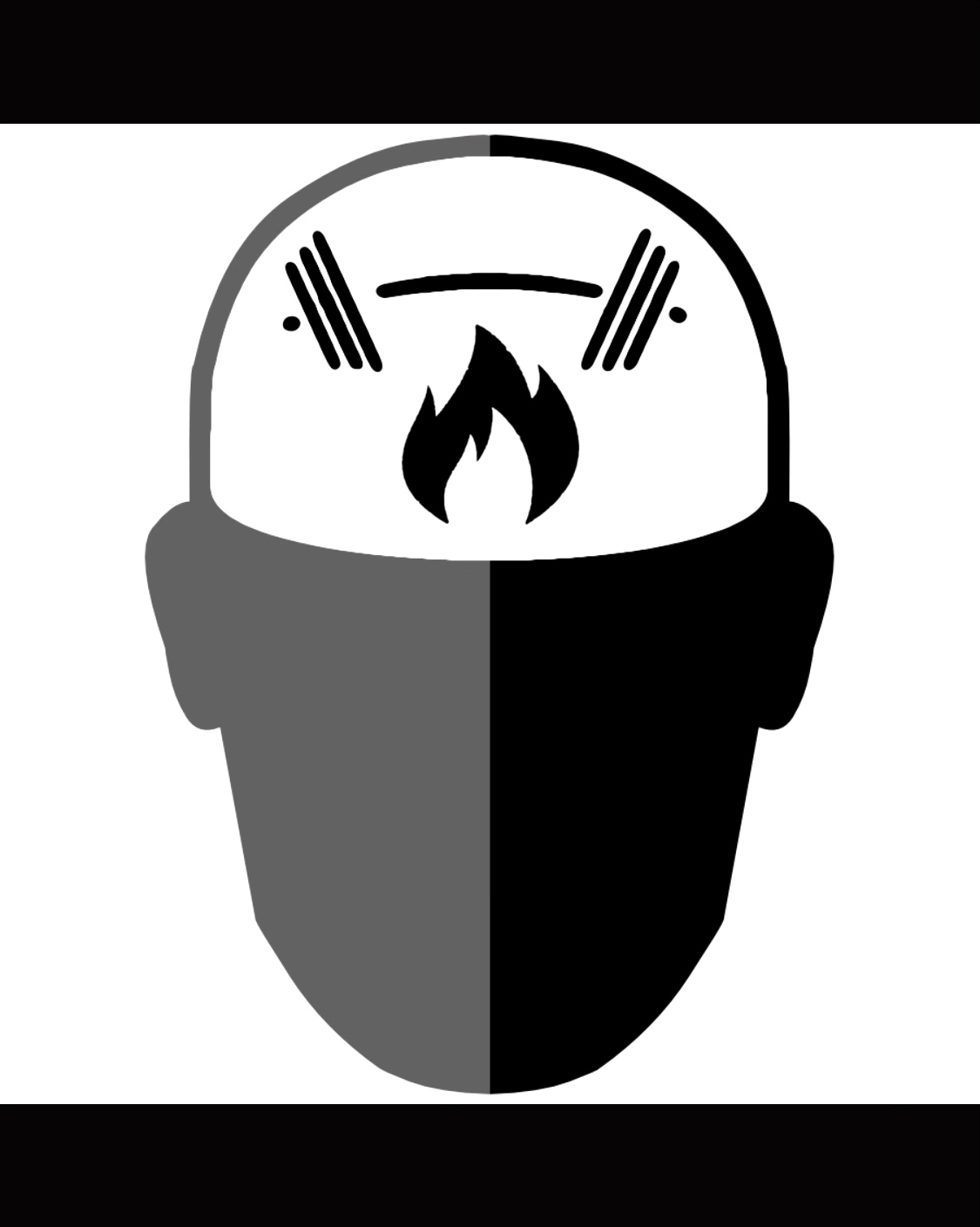Understanding conscious attention limits
So this just came to me, it's a bit of an epiphany. The conscious awareness of the human being, of the human brain, is such that we can only attend consciously to seven things, if that's a good word. And the rule, according to the research, is plus or minus seven things plus or minus two, is the way they put it. I recently heard someone reference research that shows that that's actually gone down to four. Now, I hope, well, I mean, if it's the reality, it is what it is. But in that case, it would be four plus or minus two, meaning if it's minus two, we can only consciously attend to two things. That probably is correct. But at the same time, I think that the original research is probably more accurate.
If I had to guess, the research referencing the number two is probably, it has something to do with the distractibility of life right now with social media, telephones, Internet, et cetera, et cetera, et cetera, and everybody vying for our attention. Whereas when the original research was done, probably it was a quieter time pre-Internet. But that's just speculation on my part. Either way, consciously, we can only attend to, let's say, seven things. That's why we need to develop habits, to develop automatic behaviors. Because in the context of fitness or sport, you're learning a physical skill. And because we're moving the entire body, there are many parts: arms, legs, posture of the shoulder blades, neck alignment, what we're doing with our hips, which direction our toes are pointing. You get the idea.
I've already listed off probably seven things there. So immediately, consciously, uh-oh, we're starting to get a little bit overwhelmed here. This is where habit comes in. Consciously, we're going to attend to one, maybe two things as we learn a skill. Over time, that becomes more automatic. It becomes a non-conscious process that we can count on if we've done it well, if we've trained that, and if we've conditioned that to the point of automaticity. And then this extrapolates to any other area of our life. Then we can change our focus, change our conscious attending, and then, all right, I've sorted out what I'm doing with my shoulders, now I'm going to pay attention to what I'm doing with my hips, for example.
And then we train that and condition that to the point where, again, the hips have now become an automatic habit, shoulders taken care of. We can stop attending to that consciously, it's habit at this point, and then move on to the next part of the skill. And again, this extrapolates to any other skill in life. The rule still applies, and now I'm referring to a different rule, and that is, we need to choose consciously to direct our attention. Anything that we do automatically, anything that's a habit, that's non-conscious, it's out of our hands, it just happens.
As I'm saying this, my hand is waving around, that's just something that my body decided to do, and by my body, I mean my non-conscious processes. But as I'm thinking about what I'm trying to say, my body's kind of just doing some stuff. I'm stepping back and forth, I'm in the middle of the gym here, I'm just in the middle of a workout. This is where I have a lot of epiphanies, by the way, as I'm sure a lot of you also have shower thoughts, or while you're driving, stuff like that. It's where you kind of, you deal with one other area of your life, and then the brain is still working on the other stuff that you were attending to.
Anyway, another aside, I can get carried away with my thoughts here, but that's the thinking. The process is, we attend to certain parts of a skill until they become automatic. Then we just relax that attention in that area and direct it elsewhere until that becomes automatic and a habit. In that way, we master a skill to the point where the entire skill is automatic. We don't think about it because we are thinking about our purpose, or the next skill that we're learning.
